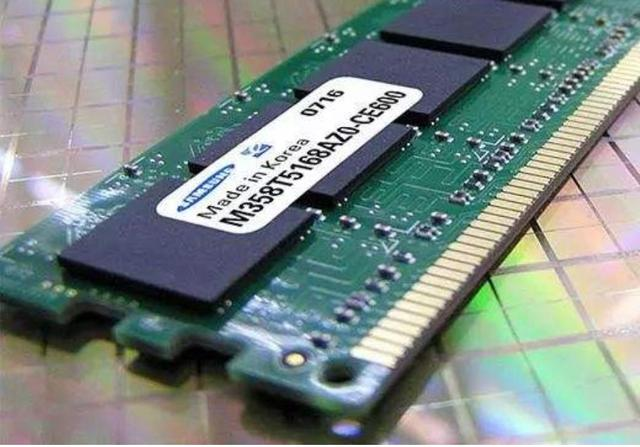Since the outbreak of COVID-19 pandemic, the demand for electronic equipment has greatly increased, and chip manufacturers have taken the opportunity to expand production capacity. However, it didn't take long for consumer demand to drop obviously, and chip stocks piled up, causing prices to plummet.
Due to the historic decline in demand, the global memory chip price recorded the biggest decline since 2008 in the second half of last year. At present, whether it is DRAM or NAND, these two memory chips have hit a new low since 2008, even falling to 15 years ago.
According to the latest data from market research company TRENDFORCE, the average price of DRAM (Dynamic Random Access Memory) plummeted by 34.4% in the fourth quarter of last year, while the decline in the third quarter was 31.4%; The price of NAND Flash Bank fell by 32% in the third quarter and 27.7% in the fourth quarter of last year.

Figure 1: After the outbreak of the epidemic, the demand for electronic equipment experienced a surge first and then fell, and the chip inventory piled up, resulting in a sharp drop in prices
The prices of memory chips have sharply declined, coupled with a sluggish global economy. Most chip manufacturers reduced productivity in the second half of last year and delayed expansion plans. MICRON, SK HYNIX and KIOXIA have all announced measures to try to stabilize the market by controlling oversupply. Analysts point out that while these measures will indeed impact corporate profits, "survival" is the top priority
By contrast, SAMSUNG Electronics, the world's largest memory supplier, has doing the opposite, sticking to aggressive capital spending plans and spending more than $30bn this year to further expand capacity. SAMSUNG spent $39 billion on chips last year. An Hyungjin, chief executive of Billionfold Asset Management, said SAMSUNG's move to keep the pace of spending would hit other smaller rivals.
However, the plunge in chip prices is also eroding SAMSUNG's profits. The financial report released last month showed that the profits of SAMSUNG's chip business plunged 97% to 270 billion won (about 220 million US dollars) in the fourth quarter of last year.
SAMSUNG is still betting on the long-term future of memory chips, and the growing popularity of cloud services, connected cars and artificial intelligence systems, all of which have strong demand for storage. SAMSUNG previously said it expects the smartphone market to shrink again this year, but artificial intelligence products such as ChatGPT will promote demand growth.
Global Demand for Storage Chips Experiences a Historic Decline, Prices Hit a New Low in 15 Years-China.exportsemi.com






